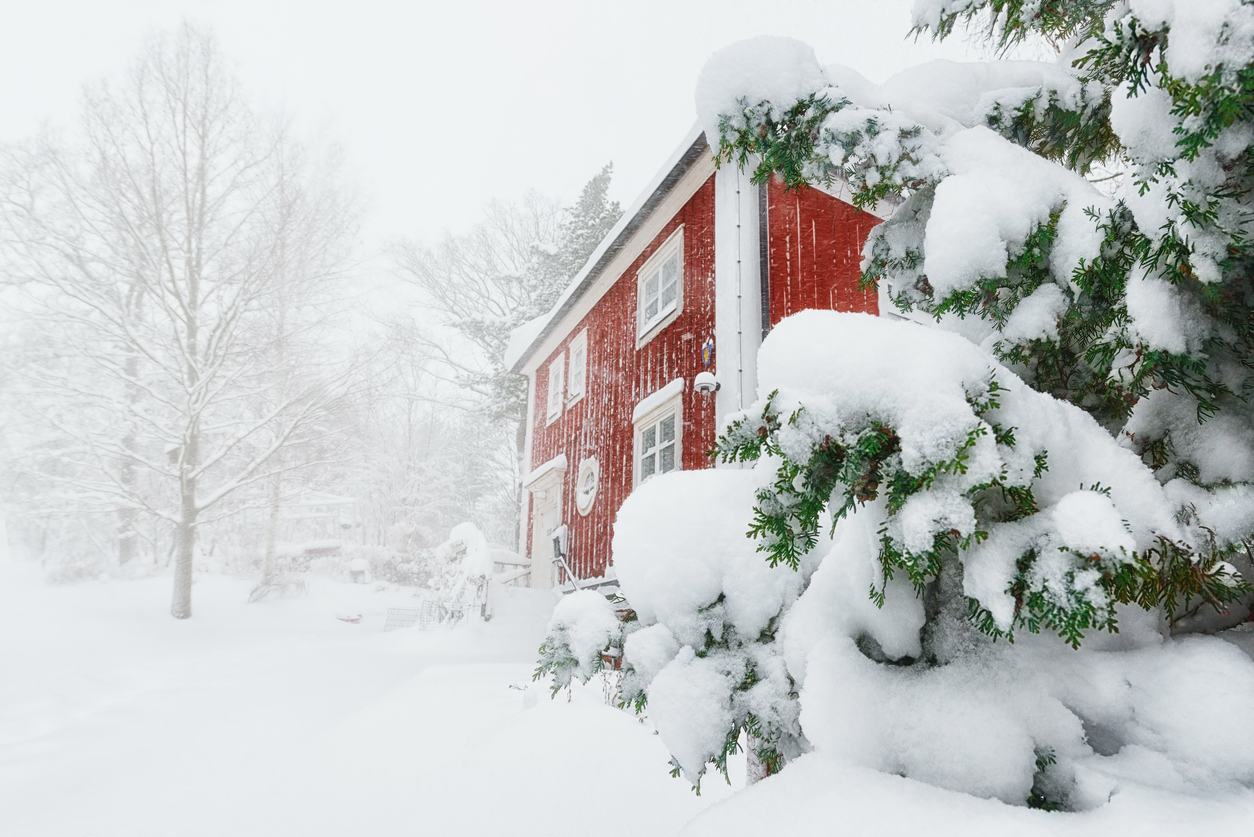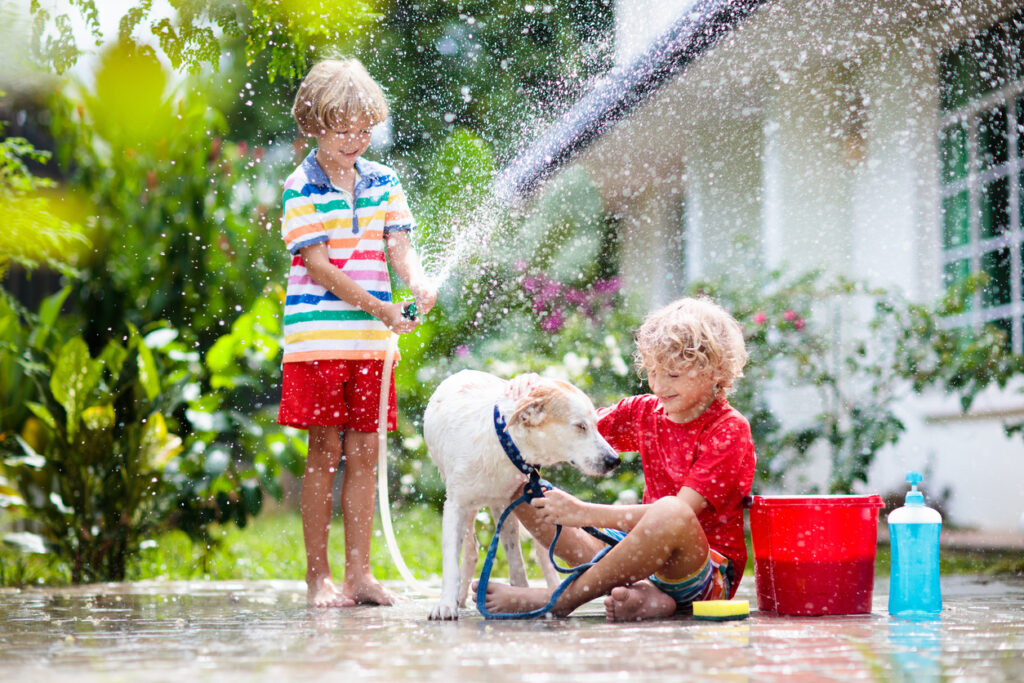How Do You Know If Your Pipes are Frozen?

How Do You Know If Your Pipes are Frozen?
New Englanders are very familiar with freezing temperatures and brutal winters. Although cold and snowy conditions may be welcome as part of the holiday scenery, freezing temperatures can wreak havoc on your water system, especially your water pipes. How do you know if your pipes are frozen? To help, the following highlights the causes and signs of frozen pipes, as well as why contacting emergency water services for support can help you avoid dangers associated with this winter problem.
How do you know if your pipes may be susceptible to freezing?
If you are wondering about how to know if pipes are frozen, it’s important to understand what causes them to freeze in the first place. Many variables determine whether or not pipes may freeze in your home. Additionally, conditions are often likely to change from year-to-year, so annual maintenance of water tanks and other water system components, as well as constant vigilance when temperatures get below freezing, are essential. Here are circumstances that may make pipes more likely to freeze, especially those that have standing water in them:
- Extended periods of cold or severe winter weather: If you discover that the temperature has dropped below 32 degrees or the weather forecaster calls for a nor’easter, it doesn’t necessarily mean that the pipes will freeze. In fact, pipes don’t usually freeze until there are many days in the 20s or lower. However, notifications about freezing temperatures and storms do call for extra attention to your water system.
- Interior heat settings: Most people try to be mindful of limiting unnecessary heating or cooling costs. Regarding water pipes, setting the home’s temperature too low may actually end up costing more money, if that lack of warmth contributes to pipe freezing.
- Problems with insulation and sealing: As with too little heat, too little insulation on the pipes themselves or in locations that tend to be less insulated, like basements and crawl spaces, are more likely to be impacted by frigid temperatures. Additionally, worn window seals or gaps around doorways can further reduce temperatures inside and increase the likelihood of pipe issues, not to mention energy costs.
Are there ways to try to prevent frozen pipes?
Fortunately, there are! In fact, the American Red Cross highlights that learning how to keep pipes from freezing is one of the most important emergency skills to have during a blizzard or other winter storm. Essentially, addressing the causes of frozen pipes like poor insulation or interior temperatures can help reduce the potential for this pipe problem. Additionally, allowing a faucet to drip slightly during extreme cold to avoid standing water may help, especially in rooms where temperatures tend to be colder or pipes are less protected.
How do you know if your pipes are frozen?
Again, the arrival of freezing conditions or a home with older insulation doesn’t necessarily mean that pipes will freeze. Regarding how to know if pipes are frozen, the following signs typically point to this problem. However, it’s important to note that some of these indicators may also be due to other emergency water situations, like a well pump malfunction.
- Actually seeing frost or condensation on the pipe or bulges in the pipe
- Experiencing no water in the house or a significant change in flow or pressure
- Hearing clanging, banging or other atypical noises from your plumbing
- Smelling unpleasant odors around sink or shower drains
What are the dangers of frozen pipes?
Since water expands as it freezes, it puts pressure on the pipes or any other containers like garden hoses in which it is present. Consequently, frozen pipes can eventually burst which causes multiple and often costly problems, such as flooding that damages the home’s structure, personal belongings and furniture, or electrical system and health concerns like slip hazards and water contamination. To reduce the likelihood of experiencing these and other dangers stemming from frozen pipes, try to prevent pipes from freezing or immediately contact a licensed plumber. Unfortunately, water technicians do not offer the same services as plumbers to help address frozen pipes.
How do you know if your frozen pipes impacted other parts of your water system?
In the event that you have seen signs of frozen pipes or are otherwise concerned about your water system, the water experts near you are best qualified to assess your water system as a whole. They can conduct water testing if needed or perform the necessary well maintenance in addition to making recommendations that can help you safeguard your water system in the future. Although homeowners may be able to resolve frozen pipe concerns on their own, professional water service technicians, like The Aqua Pump Company, can better provide peace of mind when it comes to water quality and the well-being of the entire water system.
At the Aqua Pump Company, we provide 24-hour emergency service 365 days a year. A family-owned company with over 50 years of experience, the Aqua Pump Company is here to help you in the event of a water emergency or to provide other water services including water filtration and conditioning, well services and more. To learn more about your water quality, contact us today.


